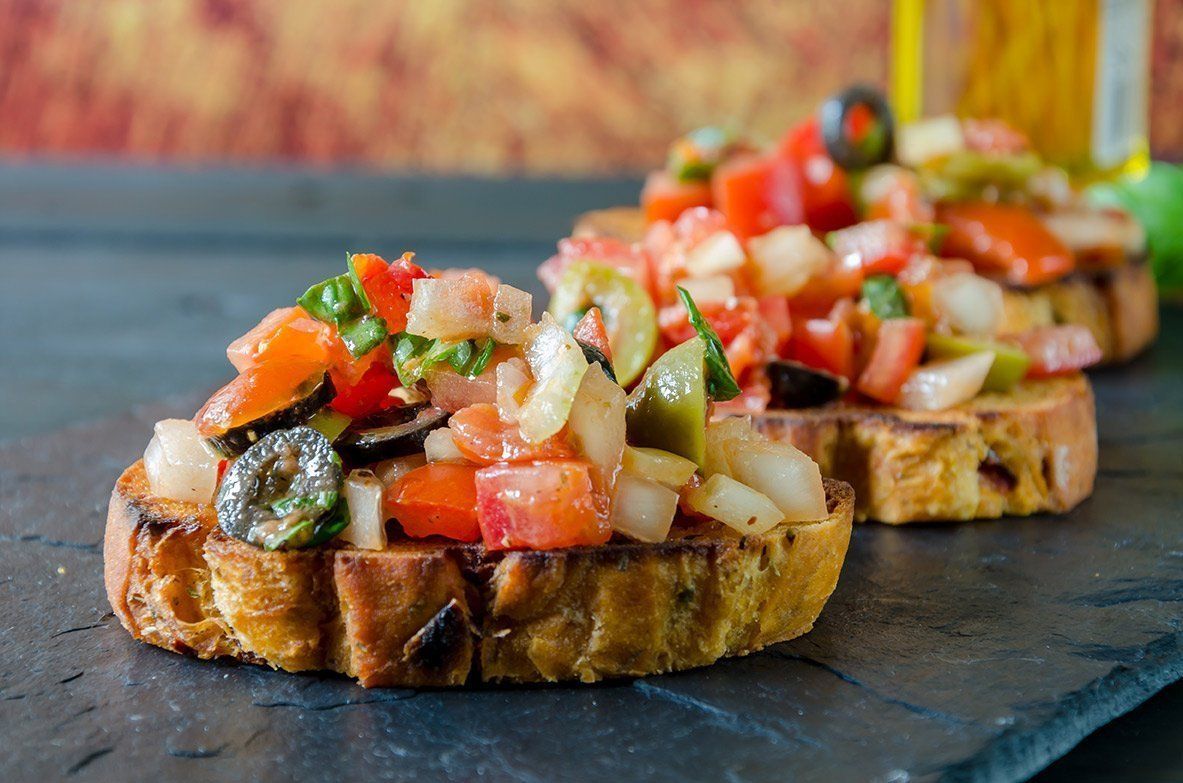Your Restaurant Marketing Budget: A Recipe for Success
Your Marketing budget depends on various factors...

Are you cooking up a storm in the kitchen but struggling to attract the right crowd to your restaurant? Just like perfecting your signature dish, creating an effective marketing strategy requires careful planning and the right ingredients. One crucial element? Your marketing budget.
But how much should you allocate for marketing in a restaurant? While there's no one-size-fits-all answer, let's break down the recipe for concocting the perfect marketing budget that suits your restaurant's needs.
1. Know Your Ingredients: Assess Your Goals and Resources
Before you start dishing out money, take stock of your goals and resources. Are you aiming to increase foot traffic, boost online orders, or build brand awareness? Understanding your objectives will help you allocate your budget effectively. Consider your restaurant's financial health too. While it's tempting to splurge on marketing, ensure your budget aligns with your revenue and profit margins. A general rule of thumb is to allocate 5-10% of your total revenue to marketing, but this can vary based on your ambitions and circumstances.
2. The Right Channels: Choose Wisely
Just like crafting a delicious meal, selecting the right marketing channels is key to reaching your target audience. Here's a taste of some effective options:
- Social Media: With its wide reach and low cost, social media platforms like Instagram, Facebook, TikTok and Twitter are essential ingredients in any marketing mix. Share mouthwatering food photos, engage with followers, and run targeted ads to attract hungry patrons.
- Email Marketing: Stay top of mind with your customers by serving up tantalising offers and updates through email campaigns. Build a loyal fan base by offering exclusive discounts or sneak peeks of upcoming menu items.
- Local Partnerships: Collaborate with nearby businesses, food bloggers, or influencers to spread the word about your restaurant. Hosting events, sponsoring community initiatives, or participating in food festivals can help you tap into new markets and strengthen your brand presence.
3. Season to Taste: Monitor and Adjust
Once you've set your marketing plan in motion, don't just set it and forget it. Keep a close eye on your campaigns' performance and be prepared to tweak your strategy as needed. Analyse metrics like customer engagement, website traffic, and ROI to gauge what's working and what's not. Experiment with different approaches, from offering loyalty programs to launching seasonal promotions, to keep diners coming back for seconds.
4. Serve with Passion: Stay True to Your Brand
Above all, let your restaurant's unique flavour shine through in your marketing efforts. Whether you're a cosy café serving up comfort food or a trendy bistro specialising in fusion cuisine, infuse your messaging with your brand's personality and values. Authenticity resonates with diners, so don't be afraid to let your restaurant's story and culture take centre stage.
Crafting a winning marketing budget for your restaurant is part science, part art. By understanding your goals, choosing the right channels, and staying true to your brand, you'll create a recipe for success that keeps customers coming back for more.
So, roll up your sleeves, sharpen your knives, and get ready to savour the sweet taste of marketing success!
Need help with your Marketing strategy? Contact us today for a personalised consultation and let's get the most out of your budget.










